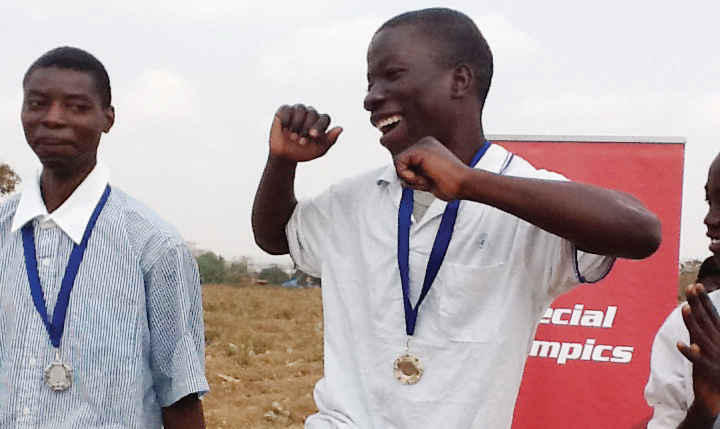Mental illness: chained daily for 8 years
Aaron Banda has since his birth been denied his share of the joys that life offers. Born in 2002 in Mangulu Village, Traditional Authority (T/A) Malomo in Ntchisi, his life has been in trickles.
While children of his age had been looking forward to spending time in the classroom, he battled to escape from the searing and punishing sun, as he sat tied to an old granary where he was tied from morning to evening.

His parents said whenever he was unchained he could go away and cause problems.
“Whenever he is not on the granary, he causes all sorts of problems, beating his friends and sneaking out of home. We resort to tying to the granary when we are going out and his friends are at school,” says Aaron’s mother, Rosemary.
International standards framework such as Convention on the Rights of the Children stipulates that all school going children, whether with disability, have the right to education.
Perhaps Aaron’s parents did not know that and have no solution towards their child’s predicament and instead they opt to treat him like a vicious dog.
“Whenever I carried him on the back, he would hit me with his head. Besides that, when I put him on the mat, he would start pounding the floor with his head. Later he started fainting. This worsened over time. He could faint up to nine times a day and the saliva drips all the day,” explains the mother.
A report from St. John of God Hospitaller Services in Mzuzu shows that not less than 40 patients are admitted monthly for mental illnesses and each day the hospital attends to not less than 50 patients with mental disorders.
St. John of God Hospital chief executive officer Dr Charles Masulani Mwale in an interview says the rising cases of mental health illness are a cause for concern that needs immediate response by educating the masses particularly the youths who are prone to drug and substance abuse the main cause of the illness.
He said restriction on personal interactions due to Covid-19, has exacerbated mental health challenges.
“There is great need to incorporate mental health awareness in our public health awareness campaigns. Civic education is critical in prevention and this can go a long way in reducing mental illness cases,” he says.
Apart from St John of God Hospitaller which is a private hospital, the only public mental health hospital in the country is Zomba Mental Hospital.
Ellen Bosnak, a consultant psychiatrist lecturer at Kamuzu University of Health Sciences, says cases such as those of Aaron are common not only in Malawi, but little effort are made by the health sector to minimise them.
She says the mental health resource allocations are still below par. This she said put the situation on a minimal awareness on how to cure and prevent the disease.
“We still have few facilities to address populace with intellectual disabilities. These people are supposed to be provided with extra support that can stimulate their learning at the early age but nations, including Malawi are not doing much on mental health,” she says.
Bosnak says there are several causes for a child to be born with intellectual disability. She mentions pre and post-natal problems, genetic makeup implications and iron food deficiency as some of the causes.
“We cannot blame anyone on Aaron’s granary life, the society at large should take the blame for not taking a step to end Aaron’s plight. We have organisations fully funded that can assist people like Aaron,” he says.
Special Olympics Malawi spotted Aaron’s anguishing chapter.
Apart from presenting gifts, including clothes and shoes to the boy, Special Olympics Malawi also freed him from the yoke that had been part of his life for eight years.
On this particular day, Aaron was allowed to move around freely. He moved confidently in his new clothes while his mother, relatives and community members watched in disbelief the luck that had befallen him.
Special Olympics Malawi hired a special needs teacher to conduct sessions with Aaron.
“Although our course is about provision of sports to these kind of special groups, we look at the situation of Aaron in another way. We strengthen our hand to uplift his social outlook,” says Special Olympics Malawi national director, Felix Chisowa.




